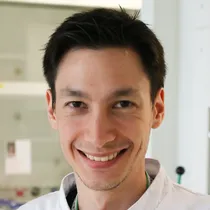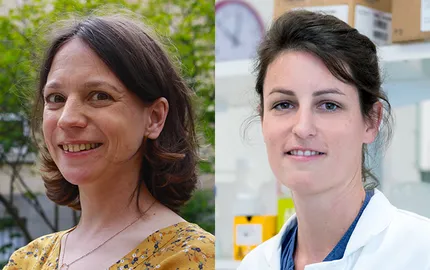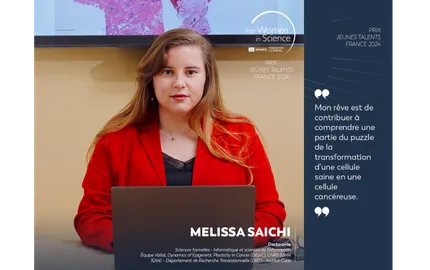Presentation

Epigenetic modifications play a crucial role in the progression of tumors, yet there remains a significant gap in our understanding when compared to genetic alterations. This disparity is largely attributed to the inherent plasticity of epigenetic changes. Unlike genetic mutations, which are stable and can be easily modeled in cellular and animal systems, inducing specific epigenetic modifications at precise locations within the genome presents a formidable challenge. Addressing these complexities is vital for developing targeted therapeutic strategies against cancers.
Our team at the Institut Curie, established in 2017, is dedicated to unraveling the dynamics of epigenetic alterations during tumorigenesis. We aim to understand how these modifications evolve over time and how they correlate with tumor phenotypes. This research is foundational for considering epigenetic changes as potential therapeutic targets in oncology.
Laboratory Studies and Methodologies
Our laboratory focuses particularly on the non-genetic mechanisms driving the evolution of breast tumors during the early phases of tumor initiation and in response to cancer treatment. We employ both experimental and computational approaches to map epigenomic marks at single-cell resolution. This high-resolution mapping allows us to study chromatin mark dynamics in tumor samples, providing insights into how tumors adapt and evolve.
For instance, in our recent studies, we have combined single-cell epigenomic and transcriptomic approaches with lineage tracing strategies. This work has uncovered initial epigenomic events responsible for chemotherapy tolerance in triple-negative breast cancer. Notably, we found that the repressive histone mark H3K27me3 serves as a critical barrier to the activation of persistent expression programs in breast cancer cells. These findings open up new avenues for therapeutic interventions, suggesting that combining chemotherapy with histone demethylase inhibitors could enhance treatment efficacy.
Team Expertise
One of the key strengths of our team lies in our multidisciplinary expertise, combining in-depth knowledge in data mining and molecular biology. We are well-versed in bioinformatics and statistical analyses, which are essential for characterizing and modeling epitranscriptomic states. Our laboratory is recognized worldwide for its capability to profile histone modifications in human tumors at a single-cell resolution, particularly through our high-throughput single-cell ChIP-seq technique.
The team is SiRIC (Integrated Cancer Research Site) certified and supported by the ATIP – Avenir program, an ERC Starting Grant and recipient of 9 national awards for research innovation, and we regularly participate in international scientific events (e.g. Gordon Conferences, EMBO, ESMO).
France Culture: program “la Méthode Scientifique” 2021
Céline Vallot – Epimédicaments
CNRS: Movie about the lab for the CNRS Bronze Medal 2018
Céline Vallot – Bronze Medal CNRS 2018
France Culture: program “la Méthode Scientifique” 2017
Céline Vallot- Epigénétique reportage
Our data analyses pipelines
























